
EU-Russia
The relations between the European Union and Russia constantly evolve and they are mainly based on the lack of a new special agreement, but instead, since 2009, it has been worked upon a Partnership for Modernisation - both technical and political. In the framework of this dialogue is also achieving a visa-free travel for European and Russian citizens. In the past years the economic relations between the two sides have grown significantly, as Russia is till holding the third place of a most important partner of the EU, after the US and China. The EU exports goods worth 87bn euro for Russia, which is 6.4% of all the exports of the Union, and imports 158bn euro in goods, according to 2010 data, which is 10.5% of all the imports.
This makes the EU the biggest market for Russian goods. Russia mainly exports for Europe energy raw materials. Of its entire oil exports 88% go for the EU, 70% of the natural gas and 50% of the foal exports. It is the energy dependence of the EU, especially of some of its member states, from Russia, that is a reason for constant tensions, both inside the Union itself and in its relations with Moscow. Foreign policy is also often a reason for clashes between the two sides. In this subject euinside follows mainly the EU-Russia summits, and in broader perspective the development of Russia itself. The energy issue is broadly developed in another subject.
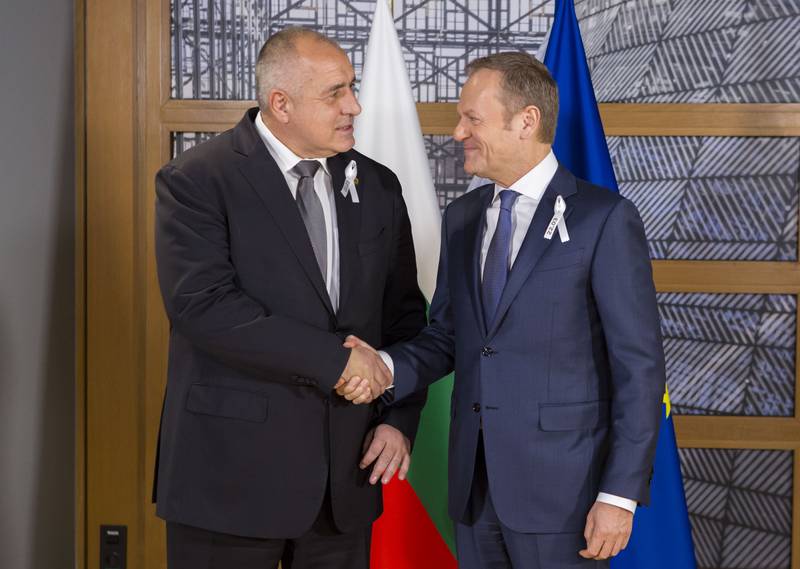 Boyko Borissov, Donald Tusk | © Council of the EU
Boyko Borissov, Donald Tusk | © Council of the EUCold War, Colder, Salisbury
The attack on the UK has put Russia right after Brexit and Donald Trump as another strong driver of European unification. Britain's decision to leave the EU united the member states in an unprecedented manner. They confirmed their vows not only to continue with the project but also to deepen it. ... Boris Johnson | © Council of the EU
Boris Johnson | © Council of the EUEU Is Strong in Words, Weak in Action, Jumping from One Crisis into the Next
It is for the first time since the beginning of the conflict in Syria that the EU uses extremely powerful language in an official document. Word is of the foreign ministers’ conclusions from Monday, which include clear accusations towards the Bashar al-Assad regime, but towards R ...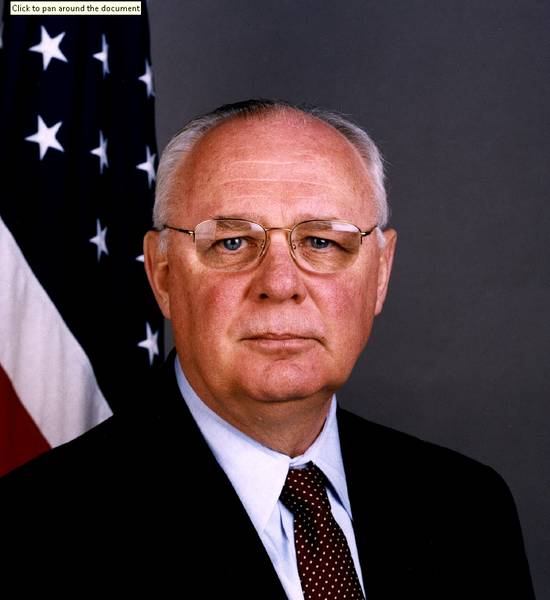 James W. Pardew | ©
James W. Pardew | © Brexit, Donald Trump and Vladimir Putin
Vladimir Putin and his close associates in Moscow may be the one party most encouraged by the British decision to leave the European Union. Mr Putin also must be overjoyed by the irresponsible political campaign statements by Donald Trump, the Republican nominee for President of the United State ...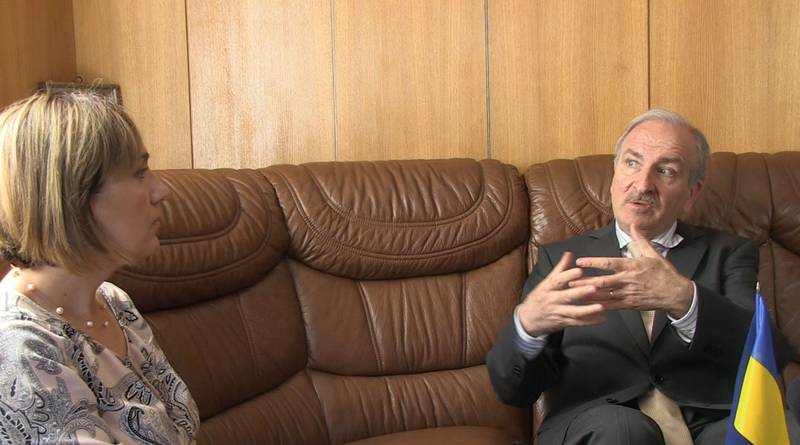 Mykola Baltazhi | © euinside
Mykola Baltazhi | © euinsideUkraine Ambassador to Bulgaria: Russia Hates European Values
Ukraine needs a strong and unified European Union, which is capable to counteract Russian aggression and keep guaranteeing international law. To Ukraine the EU remains an attractive project, including regarding fighting corruption, but challenges, faced by the Union and thus by Ukraine, remain c ...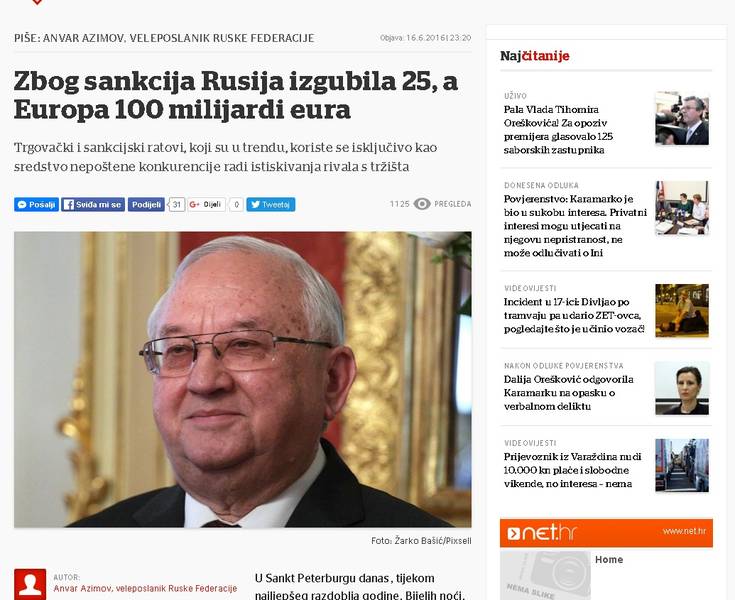 | ©
| © Russian Hybrid War Reaches Zagreb
Russia believes there are trade and sanction wars led against it. This became clear from an article [in Croatian language] by the Russian ambassador to Croatia, Anvar Azimov, published by one of the most circulating newspapers in Croatia Vecernji list. According to Mr Azimov, all over ...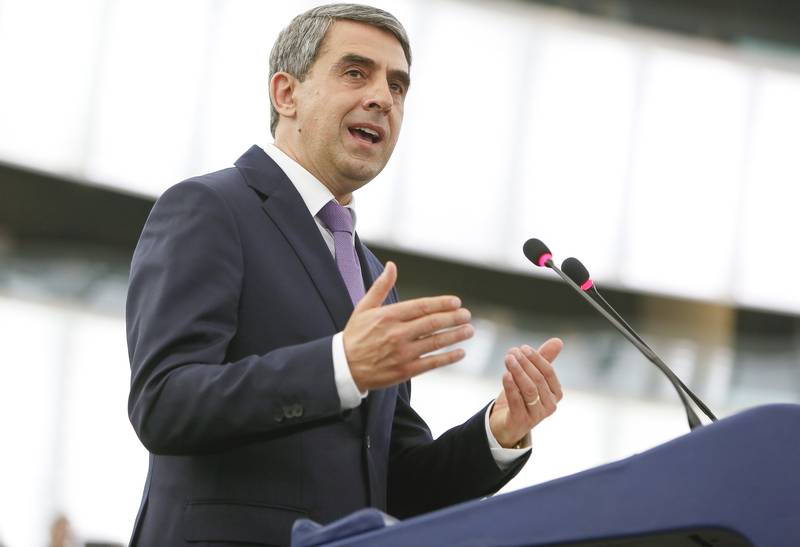 Rosen Plevneliev | © European Parliament
Rosen Plevneliev | © European ParliamentNow Bulgarians Need to Unite behind the President's Speech
The speech of President Rosen Plevneliev to the European Parliament on June 8 was much needed. We needed a high-ranking politician telling us clearly where he sees Bulgaria placed in today’s complex geopolitical situation. I have been asked many times in Brussels why is there no informatio ...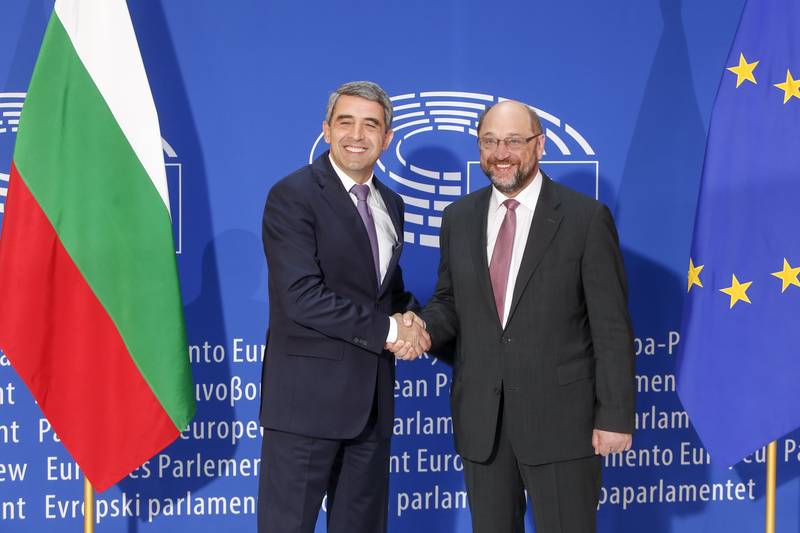 Rosen Plevneliev, Martin Schulz | © European Parliament
Rosen Plevneliev, Martin Schulz | © European ParliamentPresident Plevneliev: Crimea Is Europe
Russia, the eurosceptics, and EU integration were the main topics in Bulgarian President Rosen Plevneliev’s speech to the European Parliament. The largest focus in it was on Russia and its destabilising role to the EU. Not a lesser destructive factor in his opinion is the British referendu ...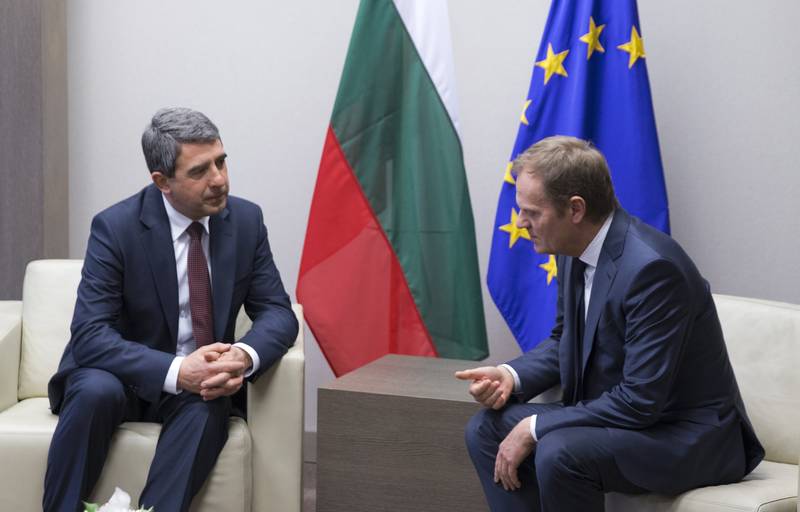 Rosen Plevneliev, Donald Tusk | © Council of the EU
Rosen Plevneliev, Donald Tusk | © Council of the EUBulgaria Finally Understood that Dependence on Russia Is Bad
Sofia seems to have finally understood that its dependence on Russia is not a viable development model and that Russia's aggression in Ukraine is a direct threat to the country's security. This is the conclusion in the article of Polish freelance journalist and analyst Dariusz Kalan, published o ...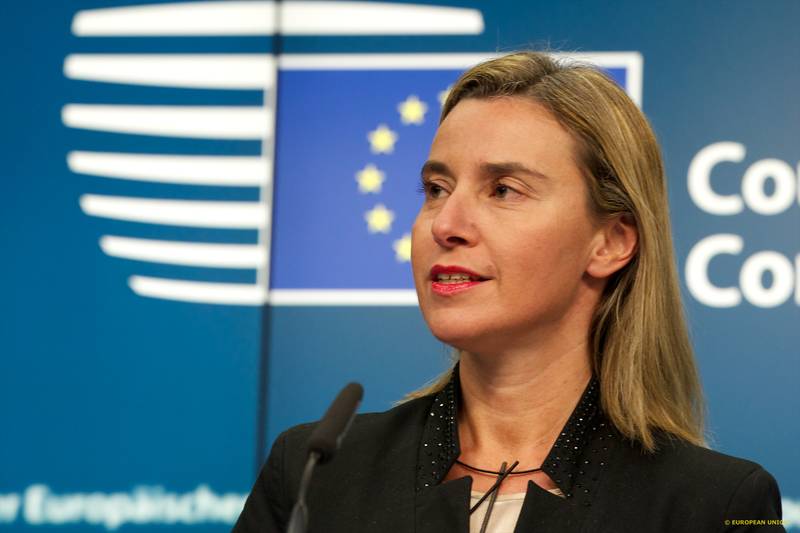 Federica Mogherini | © Council of the EU
Federica Mogherini | © Council of the EUThe European Unity against Russia Has Its Limits
What could be heard very often last week after the extraordinary foreign affairs council of the EU was "unity". However, under the surface it becomes clear that this unity has limits. At the extraordinary meeting of the EU foreign ministers, called on the occasion of the deteriorating situation ...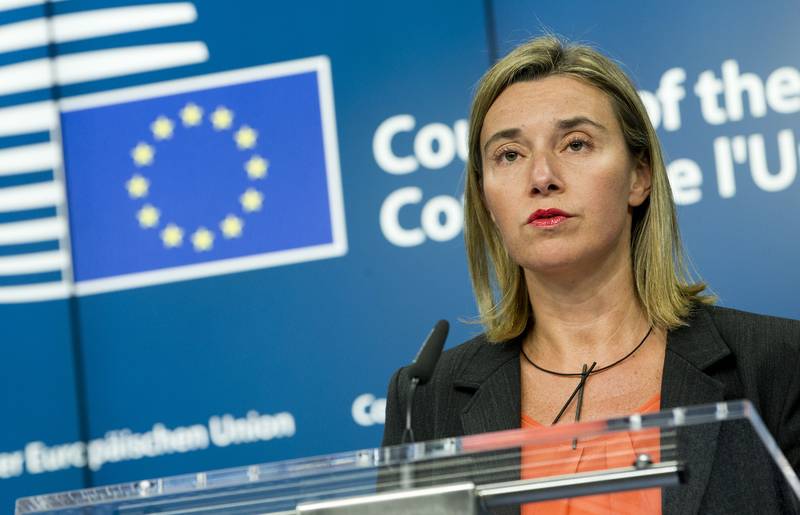 Federica Mogherini | © Council of the EU
Federica Mogherini | © Council of the EUEU-Russia - Format C:
Completely in the spirit of the strategically defining remark by the new president of the European Council Donald Tusk that Russia has turned from a strategic partner into a strategic problem, the EU is growing confidently aware of the realities and is moving toward undertaking concrete measures ...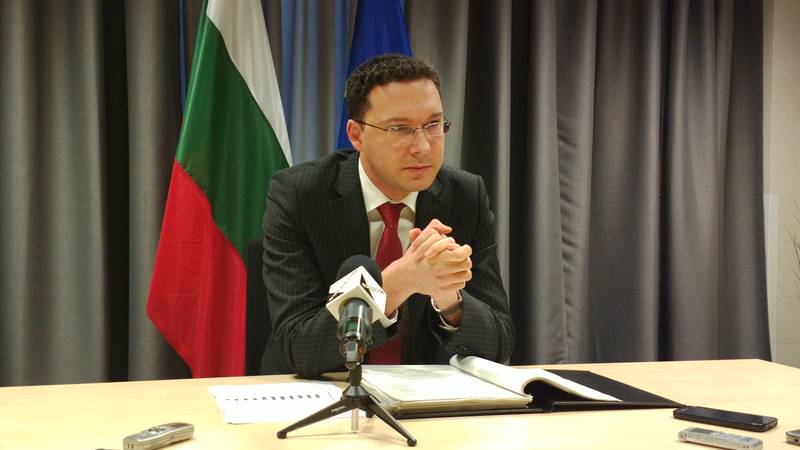 Daniel Mitov | © euinside
Daniel Mitov | © euinsideBulgaria Is To Blame Itself whereas Russia Should Be Concerned with Its Own Economy
Bulgaria's economic problems are due to the consequences of the global economic crisis and of bad governance, said Bulgaria's Foreign Minister Daniel Mitov in Brussels asked to comment on another interview [in Russian language] of a Russian high official claiming that membership in the ...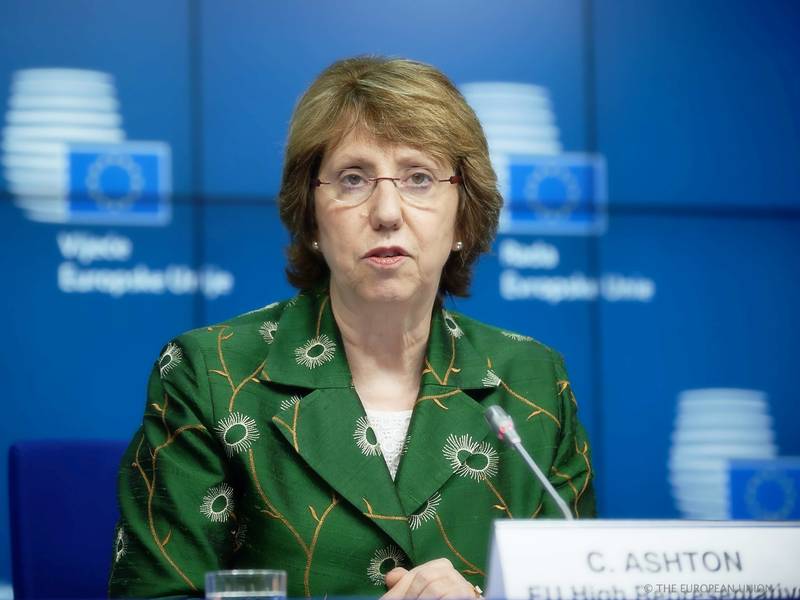 Catherine Ashton | © Council of the EU
Catherine Ashton | © Council of the EUAshton's Successor Is Key to EU Security
On 30 August, the heads of state will gather for an extraordinary summit to decide who should take Catherine Ashton's post of EU High Representative for Foreign Affairs and Herman Van Rompuy's as president of the European Council. Such a decision was expected at the previous extraordinary summit ... Vladimir Putin | © Council of the EU
Vladimir Putin | © Council of the EUA Genocide of European Values in Bulgaria*
How far will Putin go? This is the question not for one million dollars but for the world peace, because the situation has long gone out of control back when Putin demanded the Russian parliament to approve the deployment of additional troops on Crimea. Since then, tension has only been growing. ...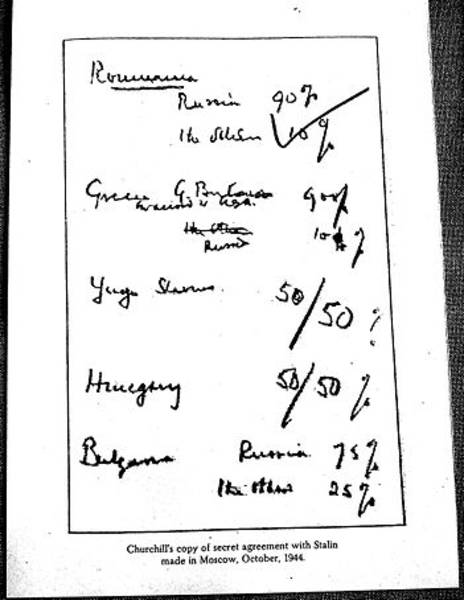 The Napkin | © WikiMedia
The Napkin | © WikiMediaIs It Time for the Napkin?
May be it is still early to talk about a repetition of the historic episode with the napkin on which, presumably, the trio Churchill-Stalin-Roosevelt drew, after the end of World War II, where the Iron Curtain would pass through. In other words, they sketched their areas of influence. Back then, ...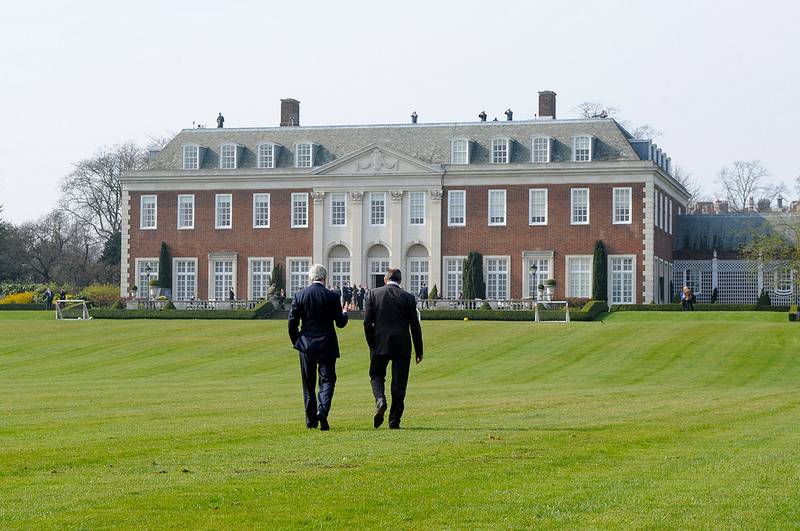 Sergey Lavrov, John Kerry | © State Department
Sergey Lavrov, John Kerry | © State DepartmentEU in the New World Order after Crimea
There is no doubt that after the referendum in Crimea and its annexation by Russia we are awaiting the dawn of a new world order. An order where not all countries abide to international treaties, laws and order, where there is a new wave of authoritarianism in strategic countries. Is the Europea ...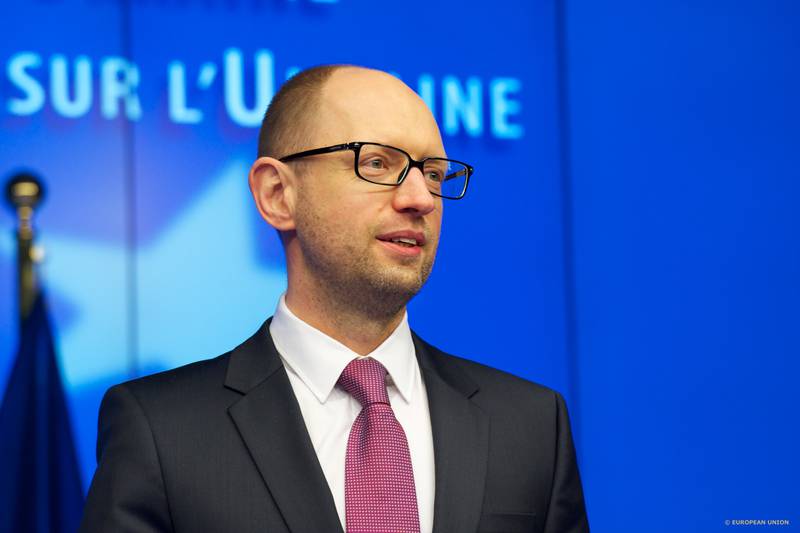 Arseniy Yatseniuk | © Council of the EU
Arseniy Yatseniuk | © Council of the EUEU Wants To Give Chance To Dialogue with Russia
Something like an ultimatum, something like a deal, something like determination. This is how we can roughly sum up the agreement the leaders of the EU member states reached on March 6th to solve the Ukrainian crisis. Now that the first reactions from the joint statement of the member states, an ...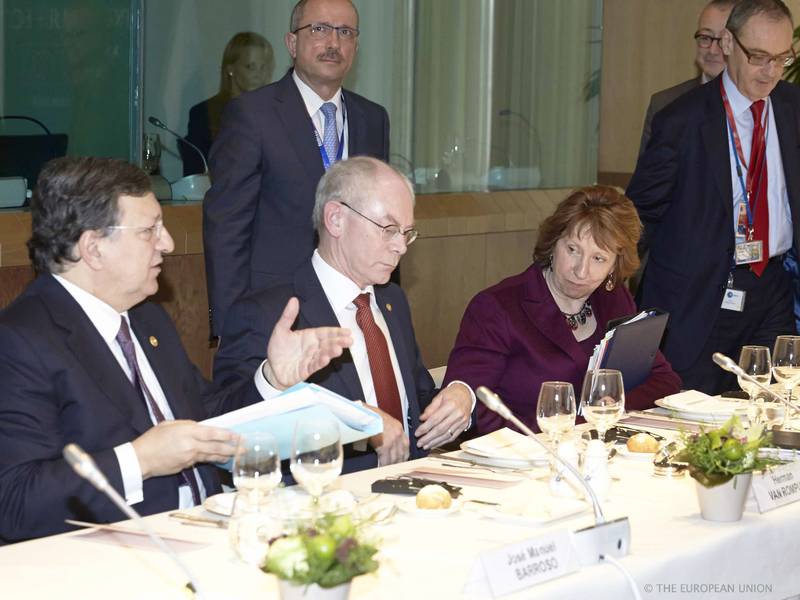 Jose Manuel Barroso, Herman Van Rompuy, Catherine Ashton | © Council of the EU
Jose Manuel Barroso, Herman Van Rompuy, Catherine Ashton | © Council of the EUA Union With Dissociative Identity Disorder
The developments in Ukraine have again demonstrated the poor state the European Union finds itself institutionally. The way the Union mediated in the negotiations between the opposition and the rulers in Ukraine a week ago again revealed the double identity of the EU, especially in terms of its ...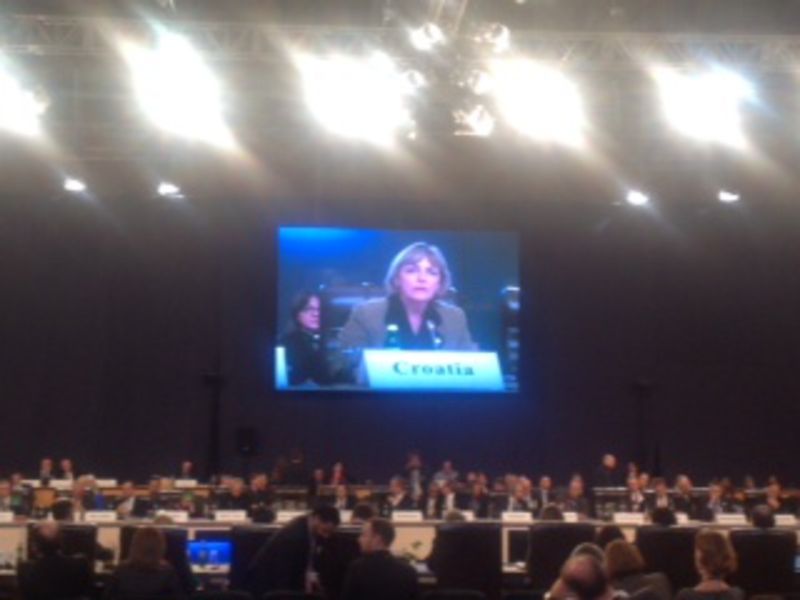 Vesna Pusic | © MFA Croatia
Vesna Pusic | © MFA CroatiaUkraine Currently Needs More Europe, not Less
There hardly could have been a better moment and place for the 20th Ministerial Council of the Organisation for Security and Cooperation in Europe (OSCE) in Kyiv. Currently Ukraine is holding the chairmanship of an organisation which is failing to implement its own fundamental values. More than ...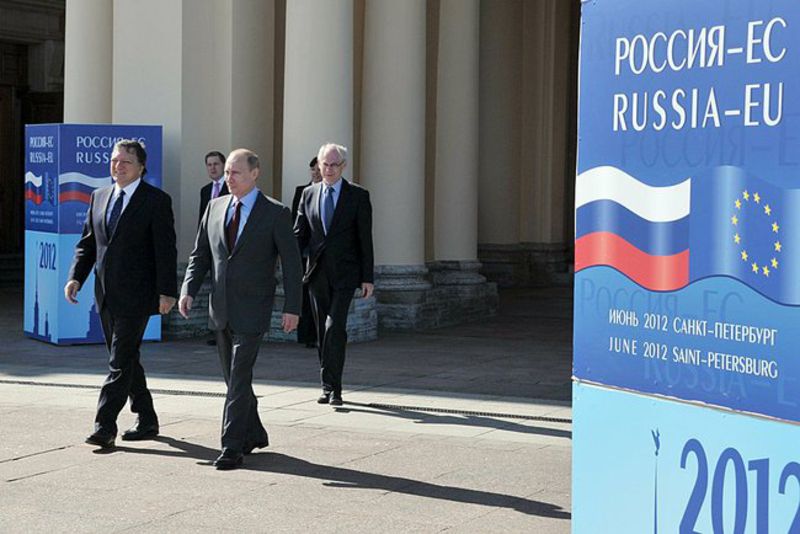 | © Kremlin
| © KremlinForeign Policy Premiere of President Putin
The new/old Russian president, Vladimir Putin, who again entered the Kremlin in the beginning of May is a person who does nothing by accident. It is no accident that he sent his predecessor (and now a prime minister) Dmitry Medvedev for the G8 and NATO summits and chose Belarus for his first for ...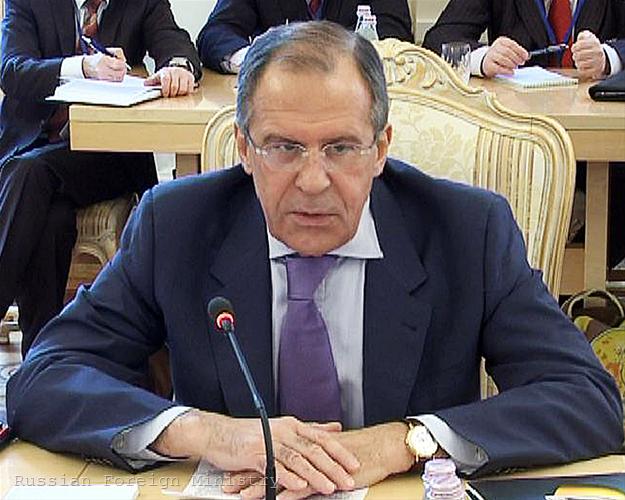 | © Russian Foreign Ministry
| © Russian Foreign MinistrySergey Lavrov: There Is No Contradiction Between Values and Interests
After the election of Vladimir Putin again for president of Russia on March 4, fears have not disappeared what the country's foreign policy will be. This is why, quite on time the long serving (since 2004) Minister of Foreign Affairs Sergey Lavrov gave an extensive interview (in Russian) for Kon ...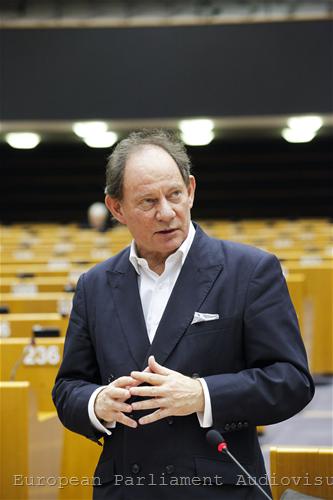 | © European Parliament Audiovisual
| © European Parliament AudiovisualThe Russian Bear at the European Doorstep
For the European Union, Russia is the elephant in the room - something that everyone is seeing but nobody wants to discuss. Russia is the bear on EU's doorstep but what we say in our official statements does not reflect our real attitude towards it. These words belong to British MEP Edward McMil ...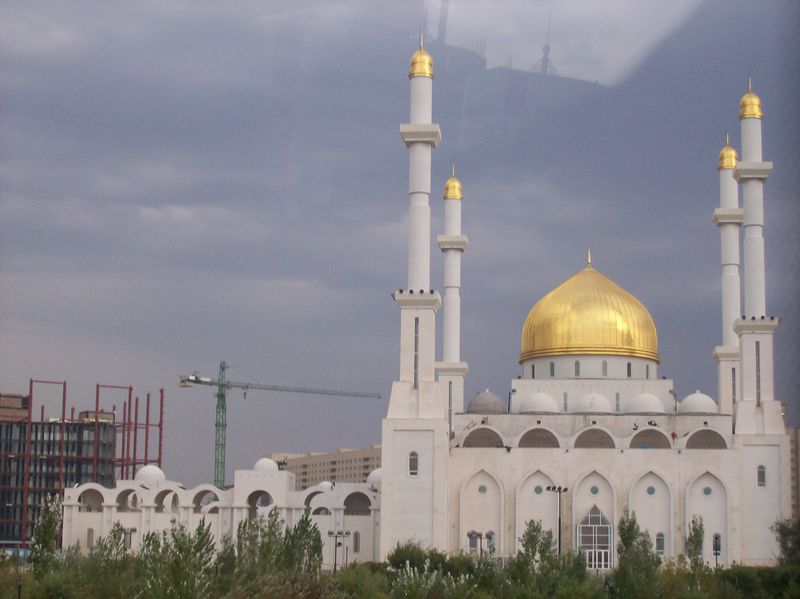 | © euinside
| © euinsideEurasian Union – a Trinket for Three Comrades
The confession of the former (and future) president of Russia -Vladimir Putin - that the break-up of the Soviet Union is "the biggest geopolitical disaster of the last century" is widely known. It was made in the Russian parliament on 25 April 2005. Up until now, Mr Putin makes arbitrary assessm ...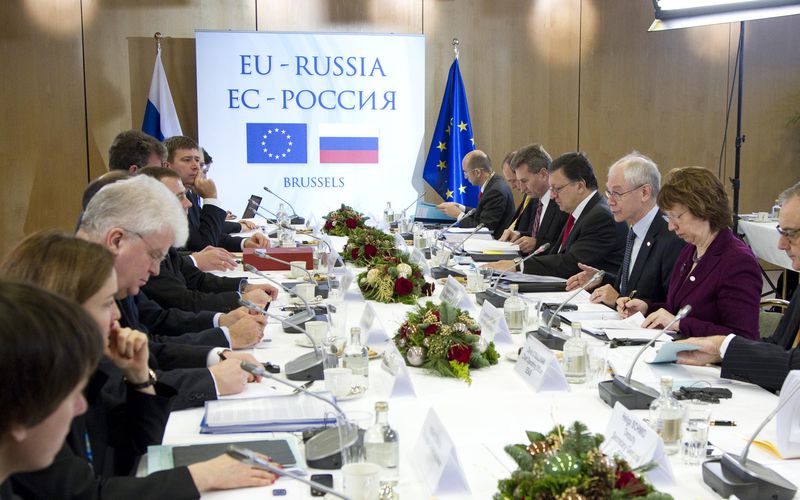 | © EU
| © EUThe EU-Russia Relations Were at Their Highest Level
"A very successful summit", "a summit of results", "very honest discussions", "our partnership is strategic and deserves the best of assessments". With such words of praise started the news conference after the end of the regular EU-Russia summit in Brussels, in which took part the EU leaders, J ...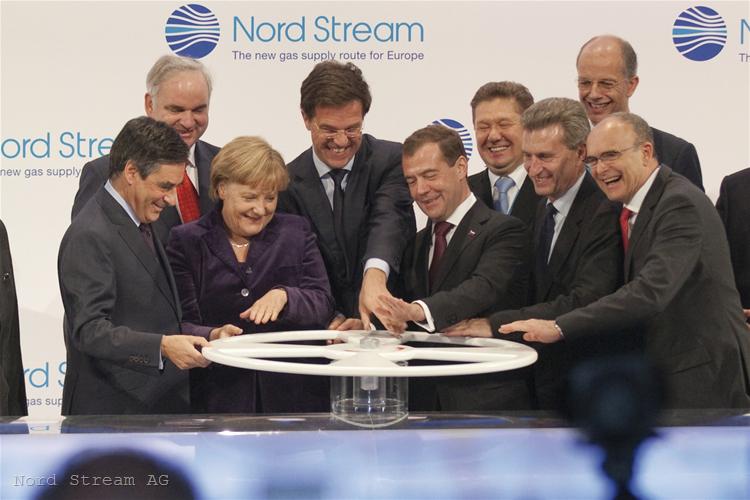 | © Nord Stream AG
| © Nord Stream AGEurope is Awakening for Russia … with a Heavy Hangover
On the 8th of November 2011 the coastal resort of Lubmin, in Northeastern Germany, saw half a dozen political leaders gathering to turn on a tap and give the kick-off of the controversial gas pipeline Nord Stream. The pipe, named by former Polish president Alexander Kwasniewsky "a mine at the fu ... | © WTO
| © WTOA Wind of Change?
Russia has improved the Chinese record of negotiations for membership in the World Trade Organisation (WTO) from 15 to 18 years and is going to become a fully fledged member of the world trade community after it gets a final recommendation by the ministers of trade of the organisation between 15 ...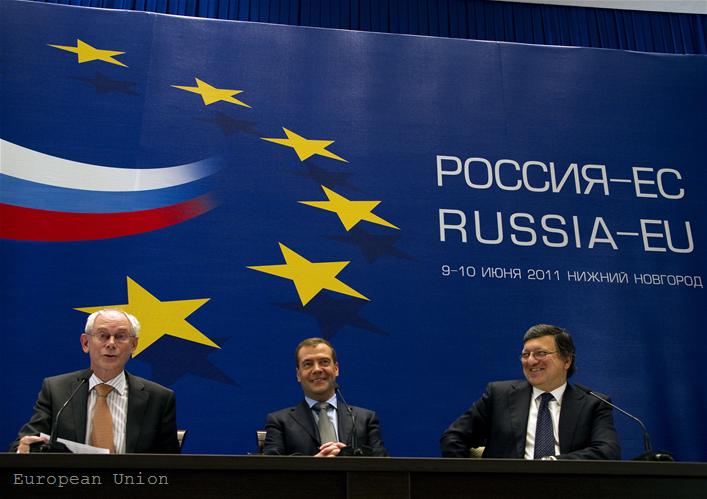 | © European Union
| © European UnionRussia offers a sunset over Volga, the EU - a boat
"The Prime Minister of Canada said that to have a common border with the US was like sharing bed with an elephant. We share our bed with a bear. [...] I would like to invite the Commission to go to Nizhnyi Novgorod not just with a large pot of honey, but also with a big net". These words belong ...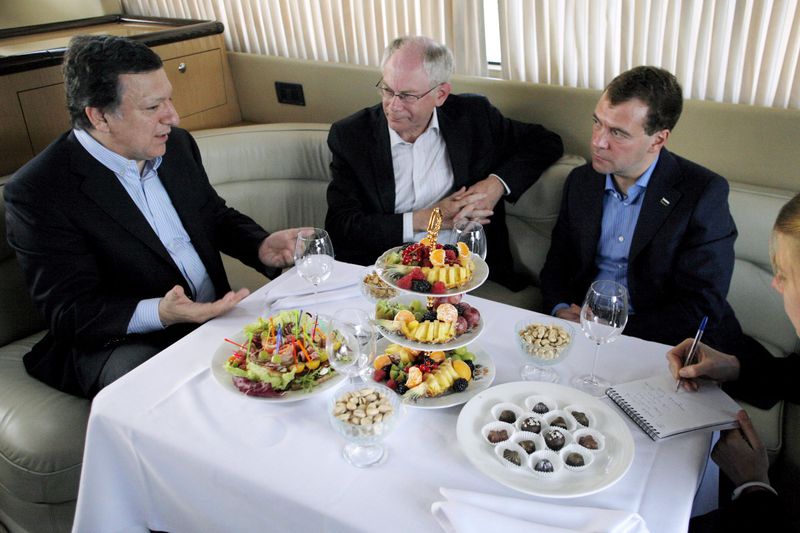 | © Auidovisual Service
| © Auidovisual ServiceThe EU does not need a reset of its relations with Russia
The EU and Russia have always had serious frictions on numerous issues but there was a sense of optimism and partnership at their regular summit in Rostov-on-Don. A reason for this sense was the start, on June 1st, of the initiative "Partnership for Modernisation". If before the European Union f ...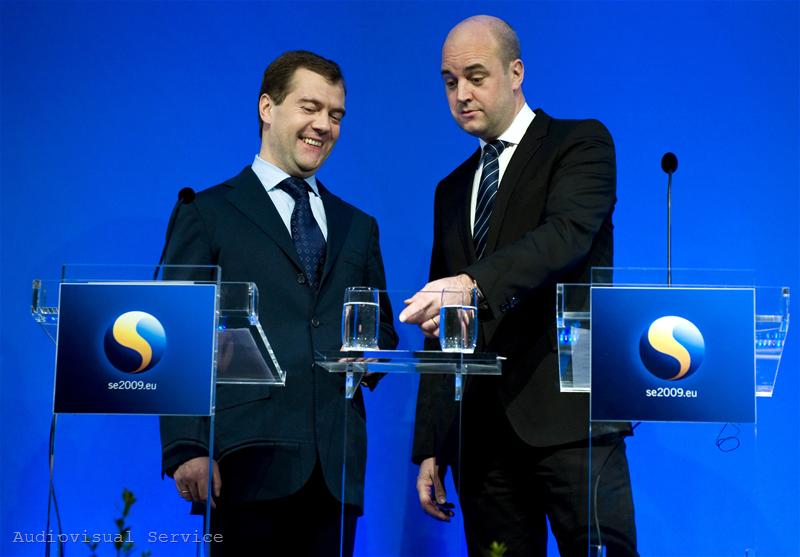 | © Audiovisual Service
| © Audiovisual ServiceWe cannot negotiate with Nature, said Jose Manuel Barroso
In a surprisingly cheerful atmosphere the press conference after the EU-Russia summit took place in Stockholm. A reason for the many smiles and good humour were the numerous agreements which give hope that maybe the moment, when the EU and Russia would really turn into partners and would starts ...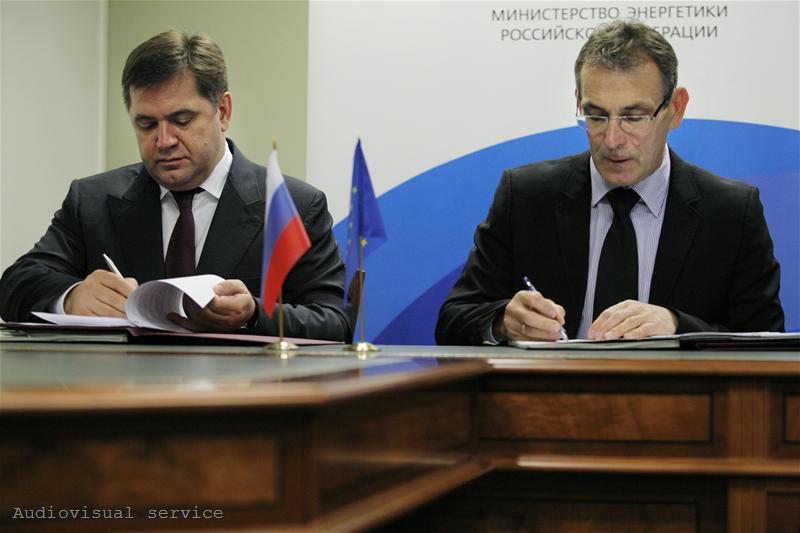 | © Audiovisual service
| © Audiovisual serviceRussia and the EU will warn each other of potential energy disruptions
As a continuation of the agreements from the EU-Russia summit in Khabarovsk earlier this year, the European commissioner on energy policy Andris Piebalgs and the Russian energy minister Sergey Shmatko signed on Monday a Memorandum on an Early Warning Mechanism. The document includes a clear defi ...The energy impotence of European economy
Improvement of conditions for exploration and extraction of raw materials in the EU by protecting, at the same time, the environment. This is recommended in the conclusions of the Competitiveness Council in Brussels. This means that it is necessary the EU to find relatively short-term and practi ...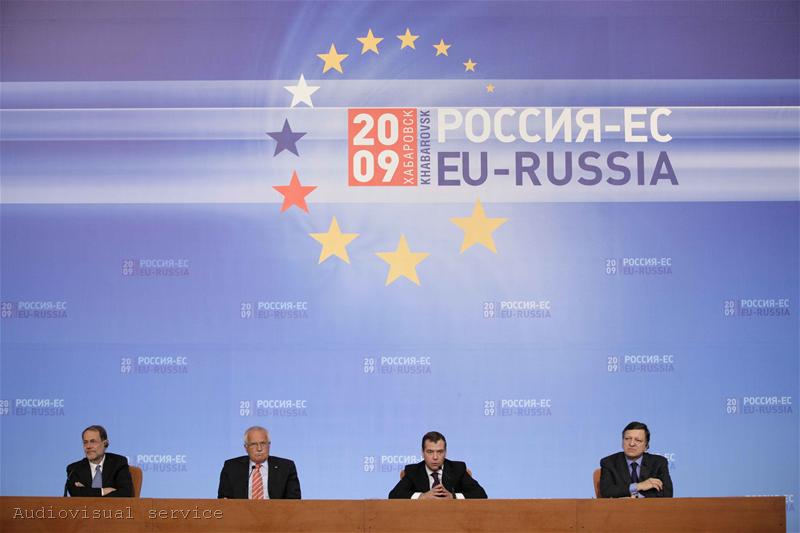 | © Audiovisual service
| © Audiovisual serviceEvery warming of Russian-American relations might be for Eastern Europe's expense
The EU-Russia summit in Khabarovsk has been relatively quiet in comparison to the last few summits when there were a lot of rows. This is what Andrew Wilson said in an interview for euinside. He's an expert on Eastern Europe and Russia in the European Council for Foreign Relations (ECFR). He sai ...The EU is ready to discuss the new Energy Charter
The EU has signaled readiness to discuss the Russian initiative for the development of a new international and legal base for energy cooperation, said the president of the European Commission Jose Manuel Baroso at a press conference in Khabarovsk, where the EU-Russia summit is held today. He was ...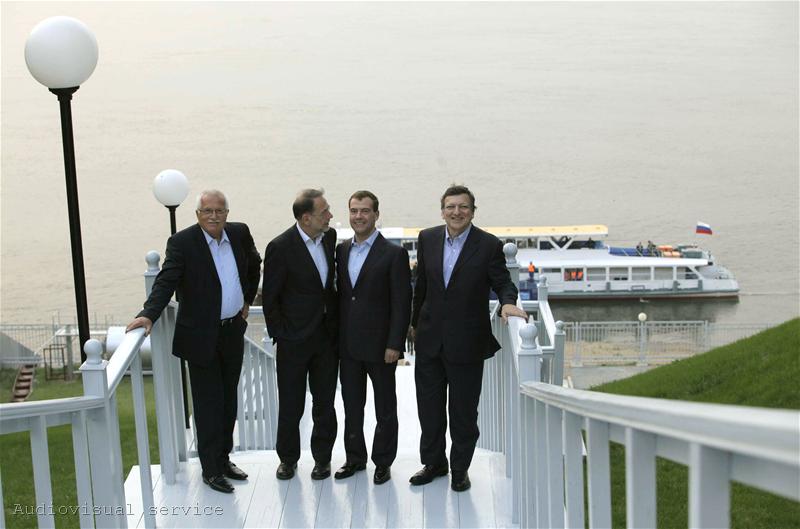 | © Audiovisual service
| © Audiovisual serviceSouth Ossetia and energy are the problem between EU and Russia
The war in Georgia and the gas crisis on January with Ukraine appear to be the stumbling point for the EU-Russia relations, claims the director of research programmes in the Institute for international and strategic relations in Paris Lore Delcoure in an interview with the Russian news agency No ...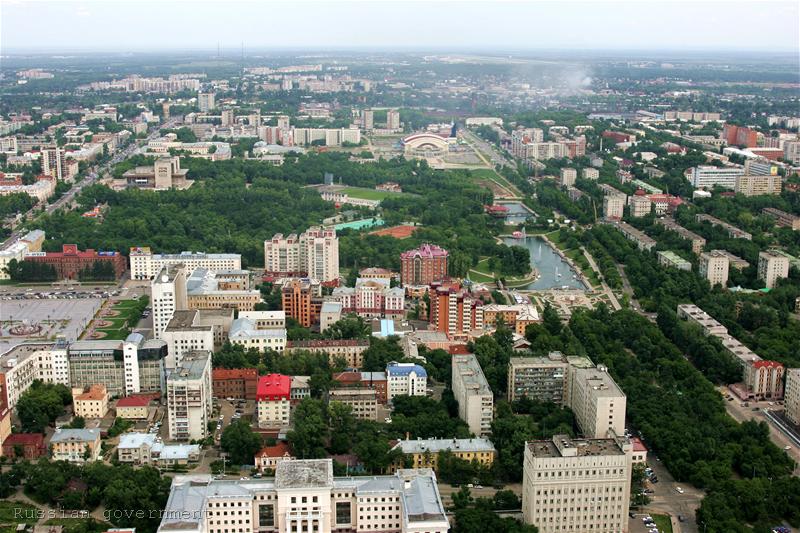 | © Russian government
| © Russian governmentThe EU-Russia summit will start with very hard positions
Very firm statements precede the EU-Russia summit which starts later today in the Russian city of Khabarovsk. For example, in an interview for the Russian news agency Novosti the high representative for security and foreign policy Javier Solana says that the EU is open for dialogue with Russia o ...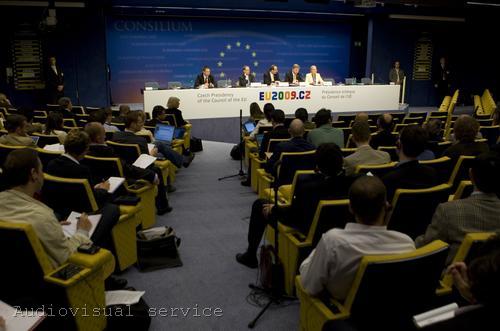 | © Audiovisual service
| © Audiovisual service